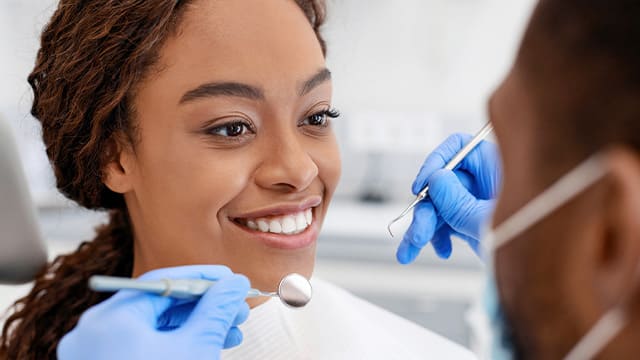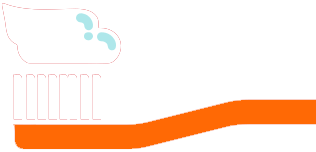Everyone has a buildup of biofilm, right? Yes. So shouldn't that mean that it's not a big deal? Unfortunately, that's not true. Biofilm, commonly known as plaque, is not something you want to build up in your mouth. Luckily with the help of plaque disclosing tablets and solutions, you can easily detect the presence of plaque in your mouth. Find out how these solutions work and how they can help you protect your smile.

What Disclosing Tablets Can Tell You about Plaque
Medically Reviewed By Colgate Global Scientific Communications
What's the Deal with Plaque?
Plaque is the sticky film that that covers your teeth. So why is plaque problematic? Plaque contains bacteria, which can release acids following a meal containing sugars. These acids attack tooth enamel. With repeated attacks, your enamel can break down, resulting in cavities, also known as dental caries.
When plaque builds up and isn't removed regularly by brushing, it eventually can harden into tartar. When tartar collects around your gumline, your gum tissue can become swollen. This is the early stage of gum disease.
How Do Disclosing Tablets Work?
If you're wondering whether you have a buildup of plaque, one way to test for it is by using disclosing tablets. After chewing a tablet and rinsing your mouth, pink-stained areas will develop on your teeth. These are the areas that contain plaque in your mouth.
Two-tone plaque disclosing solutions are also available to differentiate between new and old biofilm. A report in the World Journal of Pharmaceutical Research highlights a three-tone plaque disclosing solution, which can identify new, old, and acid-producing biofilms.
To Disclose or Not to Disclose?
Plaque disclosing tablets, mouthwashes, or solutions can help you determine if there are parts of your mouth that you aren't brushing enough.
They can also be handy if you're an orthodontic patient. During orthodontic treatments like getting braces, you might have a more challenging time brushing your teeth. A study in the Turkish Journal of Orthodontics highlighted this. The participants in this study were all orthodontic patients. They were divided into three groups: the first one was motivated by conventional oral hygiene instructions, the second one was given plaque disclosing tablets in the dentist's office, while the third group experienced the same chairside demonstration and was also given at-home disclosing tablets. The study concluded that the self-application of disclosing tablets at home and repeated oral hygiene motivation can result in improved oral hygiene.
Another study in the International Journal of Clinical Pediatric Dentistry points out that dental plaque disclosing can be an effective strategy in infants to prevent early childhood caries (ECC).
Of course, the use of a plaque disclosing mouthwash needs to be accompanied by a vigorous oral hygiene routine. You must brush twice a day and floss daily. And don't forget to check with your dentist about whether incorporating disclosing tablets into your oral care is right for you.
Prevention is often better than cure, and it's especially so in the case of plaque buildup. Disclosing tablets can help you improve your oral hygiene routine and ensure that nothing causes your smile to waver!
This article is intended to promote understanding of and knowledge about general oral health topics. It is not intended to be a substitute for professional advice, diagnosis or treatment. Always seek the advice of your dentist or other qualified healthcare provider with any questions you may have regarding a medical condition or treatment.







